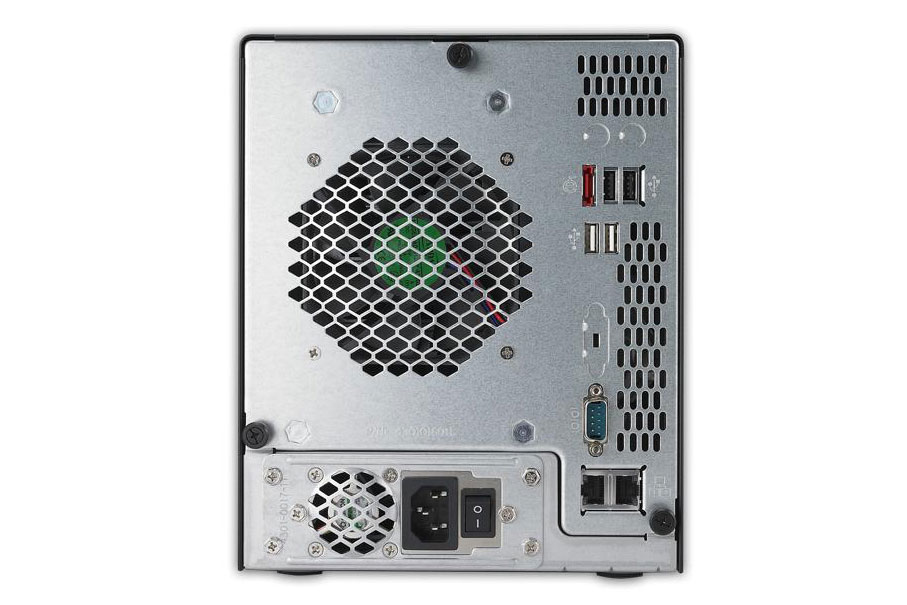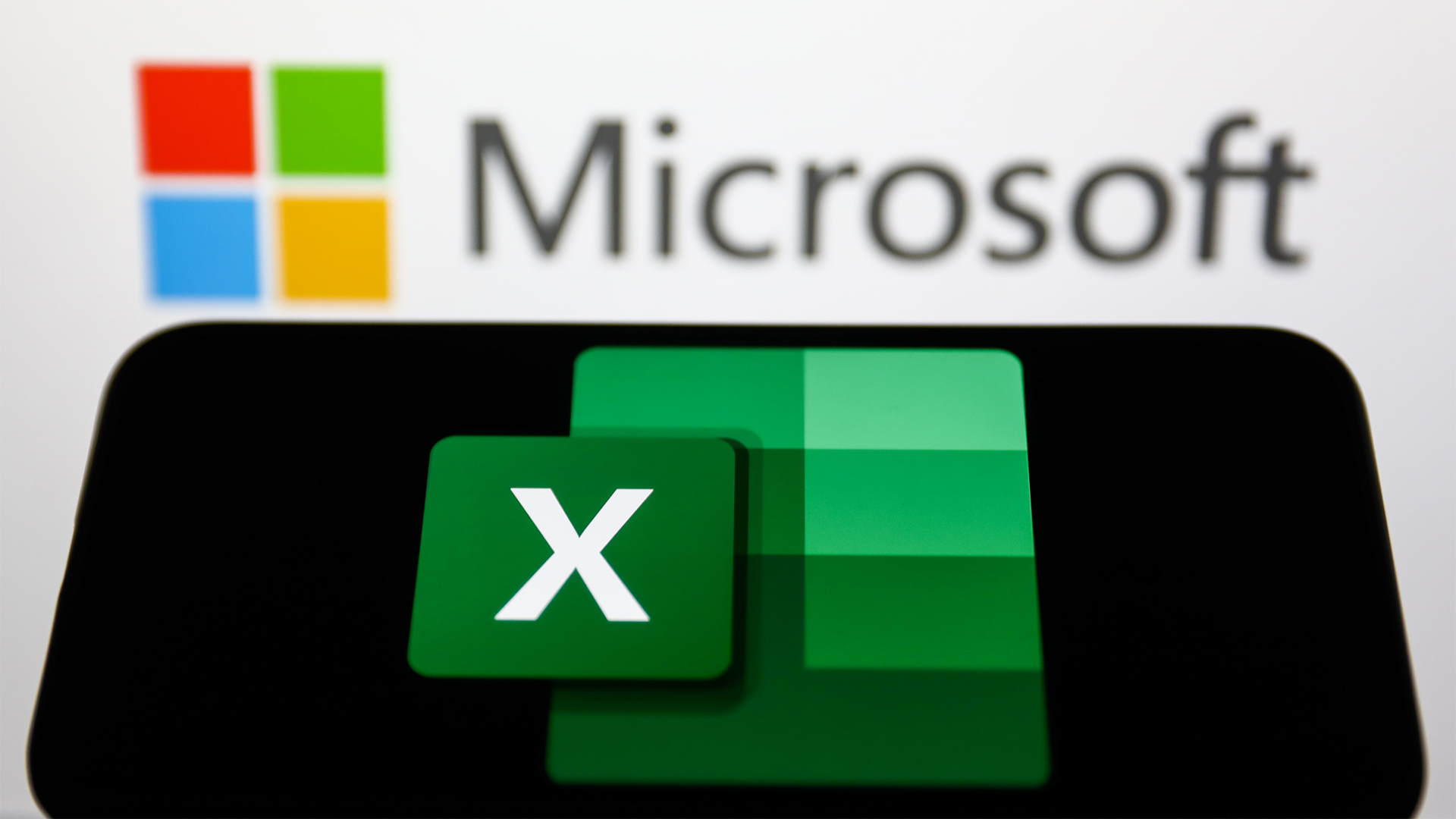Thecus N5200XXX review
The provocatively named N5200XXX is one of a range of new NAS appliances from Thecus and claims to be extreme in every way. It hits the spot when it comes to price and in this review Dave Mitchell finds out whether it’s on target for performance and features as well.
The N5200XXX may not be as featured packed as QNap’s excellent TS-559 Pro II, but it's much value with a 5TB model costing nearly £400 less. Performance is on a par with most Atom based desktop appliances and its extensive NAS and IP SAN features makes it a good network storage choice for small businesses on a tight budget.

Thecus has been busy upgrading its higher-end rack mounted NAS appliances, but with the launch of the XXX family the company finally turns its attention to its desktop products. The five-bay N5200XXX brings some much needed improvements to its predecessor, the N5200Pro.
Thecus catches up with vendors such as QNap, Synology and Netgear as the N5200XXX now has a 1.8GHz Atom D525 processor partnered with 1GB of DDR3 memory. Other physical changes aren't as significant - the USB port count increased from three to five.

However, unlike the QNap TS-559 Pro II, none of these are of the USB3 variety. Another point to consider is that although the N5200XXX can handle 3TB SATA drives, it doesn't support new SATA3 models whereas the TS-559 Pro II does.
The front panel hasn't changed at all with a backlit LCD display providing system, network and disk status information and a keypad below allowing you to carry out basic configuration. Chassis cooling is handled by a large fan at the rear and we found that although noise levels are low, it's not totally silent. In a busy office environment the appliance won't be heard, but in a quiet room it will be noticeable.

The ports on the rear of the Thecus N5200XXX.
The review system was supplied to us by Origin Storage and came with five 1TB WD GreenPower SATA2 hard disks. Costing 648 ex VAT, this is superb value. A diskless model costs just 456 whilst a 15TB version costs 1,268.
Installation is swift as Thecus' Setup Wizard locates the appliance and provides quick access to the main web interface. The interface isn't quite as slick as QNap's or Synology's, but is still very easy to use.
Sign up today and you will receive a free copy of our Future Focus 2025 report - the leading guidance on AI, cybersecurity and other IT challenges as per 700+ senior executives
There's a good choice of RAID arrays with support for JBODs, mirrors, stripes, RAID 5 or dual-disk redundant RAID 6. For testing we created a five-disk RAID 5 array which took around six hours to build. However, after the initial formatting process, the array was made available for use after about twenty minutes.
Dave is an IT consultant and freelance journalist specialising in hands-on reviews of computer networking products covering all market sectors from small businesses to enterprises. Founder of Binary Testing Ltd – the UK’s premier independent network testing laboratory - Dave has over 45 years of experience in the IT industry.
Dave has produced many thousands of in-depth business networking product reviews from his lab which have been reproduced globally. Writing for ITPro and its sister title, PC Pro, he covers all areas of business IT infrastructure, including servers, storage, network security, data protection, cloud, infrastructure and services.
-
 Trump's AI executive order could leave US in a 'regulatory vacuum'
Trump's AI executive order could leave US in a 'regulatory vacuum'News Citing a "patchwork of 50 different regulatory regimes" and "ideological bias", President Trump wants rules to be set at a federal level
By Emma Woollacott Published
-
 Microsoft Excel is still alive and kicking at 40 – and it's surging in popularity as 82% of finance professionals report ‘emotional attachment’ to the spreadsheet software
Microsoft Excel is still alive and kicking at 40 – and it's surging in popularity as 82% of finance professionals report ‘emotional attachment’ to the spreadsheet softwareNews A recent survey found Gen Z and Millennial finance professionals have a strong “emotional attachment” to Microsoft Excel
By Emma Woollacott Published
-
 LastPass hit with ICO fine after 2022 data breach exposed 1.6 million users – here’s how the incident unfolded
LastPass hit with ICO fine after 2022 data breach exposed 1.6 million users – here’s how the incident unfoldedNews The impact of the LastPass breach was felt by customers as late as December 2024
By Emma Woollacott Published
